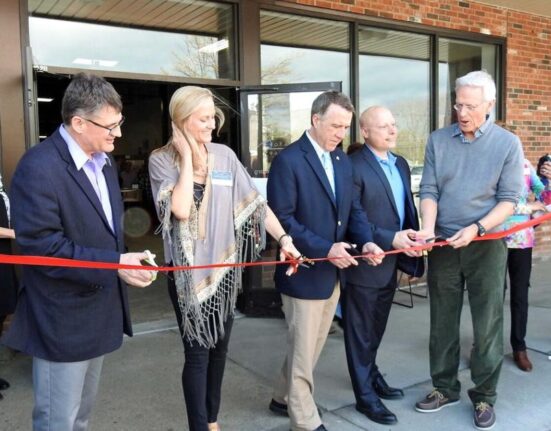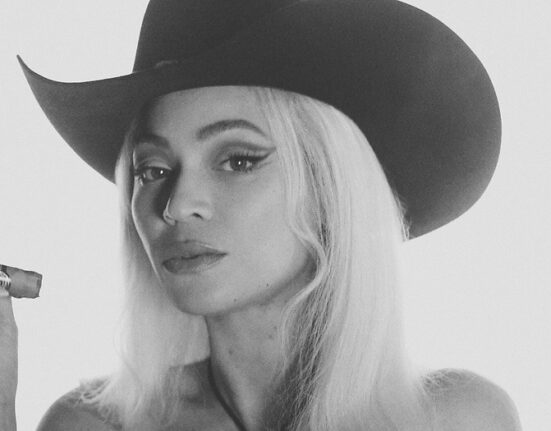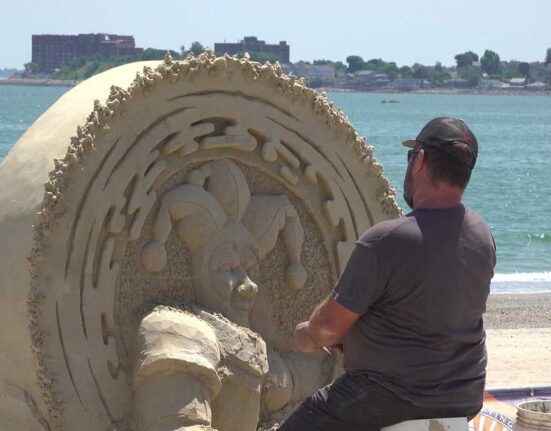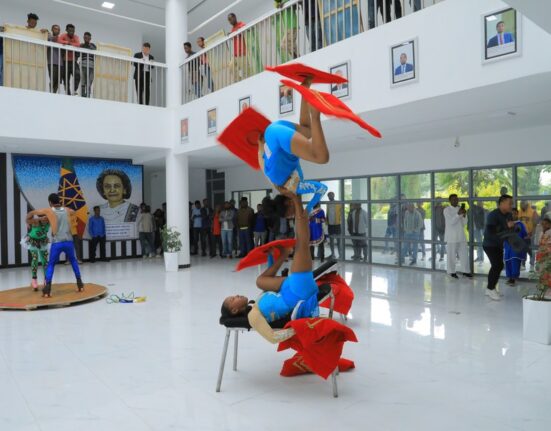Arizona’s Mesa Contemporary Arts Museum (MCA Museum) has revised its seasonal exhibition programme after an artist cancelled a show slated to run concurrently with a survey of artists affiliated with the Church of Jesus Christ of Latter-day Saints (LDS), commonly known as the Mormon church.
The Phoenix-based artist Angela Ellsworth, a former Mormon who frequently critiques the religion in her work, says she withdrew her exhibition due to a lack of communication with MCA Museum. The museum is currently hosting Materializing Mormonism: Trajectories in Contemporary Latter-day Saint Art (until 4 August), an exhibition of Mormon artists organised by the Center for Latter-day Saint Arts, a privately funded non-profit that promotes contemporary Mormon art.
Ellsworth hoped MCA Museum would have been more proactive in co-ordinating a symposium or panel to contextualise the two exhibitions. “I thought it was brave and smart that I was invited, but there wasn’t much planning for a dialogue between the shows,” she tells The Art Newspaper. “I needed to have a more concrete conversation and wasn’t getting much back from the museum at that time.”
Ellsworth had proposed several ideas—for example, bringing in excommunicated Mormon scholars—because presenting her own work “next to an LDS-curated exhibition didn’t seem to make sense on its own”, she says. But there was “silence” from organisers like Tiffany Fairall, the former chief curator of MCA Museum, who greenlit Ellsworth’s exhibition but resigned from the museum shortly thereafter.
In a statement, Fairall tells The Art Newspaper that her departure had no connection to the ongoing controversies at MCA Museum, and that she has been on leave since October 2023, shortly after another censorship scandal broke out at the museum. The City of Mesa’s Arts and Culture Department, which manages and funds the museum, confirms that Fairall’s resignation went into effect in May of this year, but it could not comment further due to “threatened litigation”.
In her planned show at MCA Museum, Ellsworth would have exhibited a work titled Leaving Loves Company (2011). Previously exhibited at the Phoenix Art Museum and elsewhere, it references the “handcarts” Mormons used to migrate to western states while fleeing persecution in the 19th century.
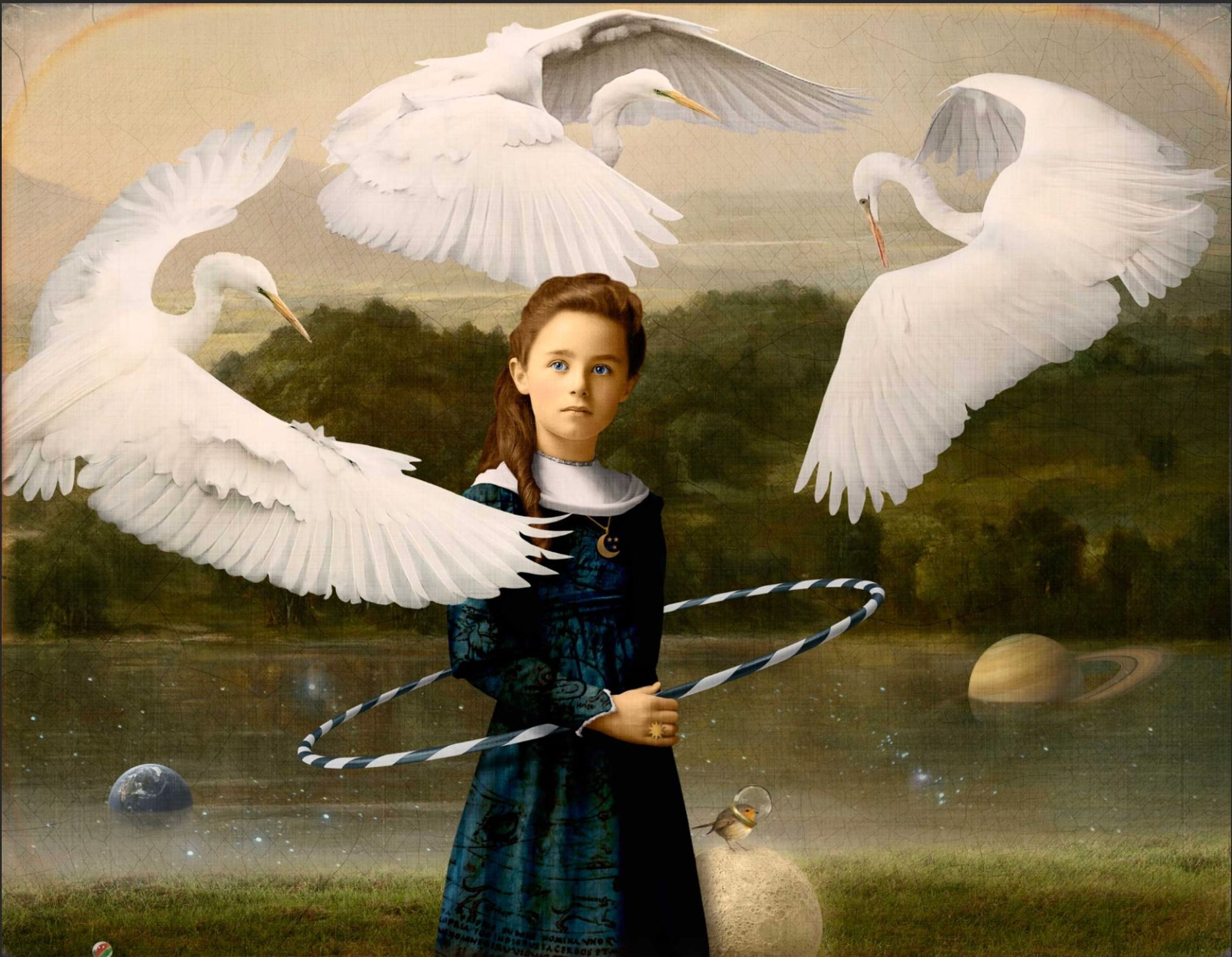
Corinne Geertsen’s Orbit Starter Kit (2023), which is on view as part of the Materializing Mormonism exhibition at MCA Museum, Mesa, Arizona Courtesy the artist
Mormonism was founded in New York State in 1830 and has been headquartered in Salt Lake City, Utah, since 1847. It is now widespread in several surrounding states, including Idaho and Arizona. Ellsworth’s own great-great-grandfather was the fifth president of the Mormon Church and has roots in Mesa, where Mormons make up nearly 15% of the population and hold prominent roles in the municipal government. The current mayor is the Republican politician John C. Giles, a lifelong Mormon who has served multiple terms in the office since 2014.
“My work has been shown internationally and nationally, but the most important places for it to be are predominantly Mormon communities,” Ellsworth says. “I was excited by the context of Mesa, where there are even roads named after my family members. The reception can sometimes be contentious—there are people who are pissed off and others who relate. But all those conversations are critical.”
Ellsworth’s exhibition was initially replaced by a work slated to be presented in a smaller format in the Materializing Mormonism exhibition—a video installation titled A Burning Hope (2021) by Collin Bradford.
The non-profit that oversees Materializing Mormonism, the Center for Latter-day Saint Arts, was co-founded by the art critic and curator Glen Nelson to expand the presence and scholarship of Mormon art. Nelson says that the exhibition was chosen by MCA Museum through a prospectus process and that organisers were “completely unaware of Angela’s exhibition until she withdrew and we learned that more space had become available”.
“I’ve been aware of Angela’s work for years,” he adds. “I’ve written about her work, I’ve acquired her work for my own collection and I’ve helped others acquire her work. There was no pushback from us. We would have been thrilled to open the conversation.”
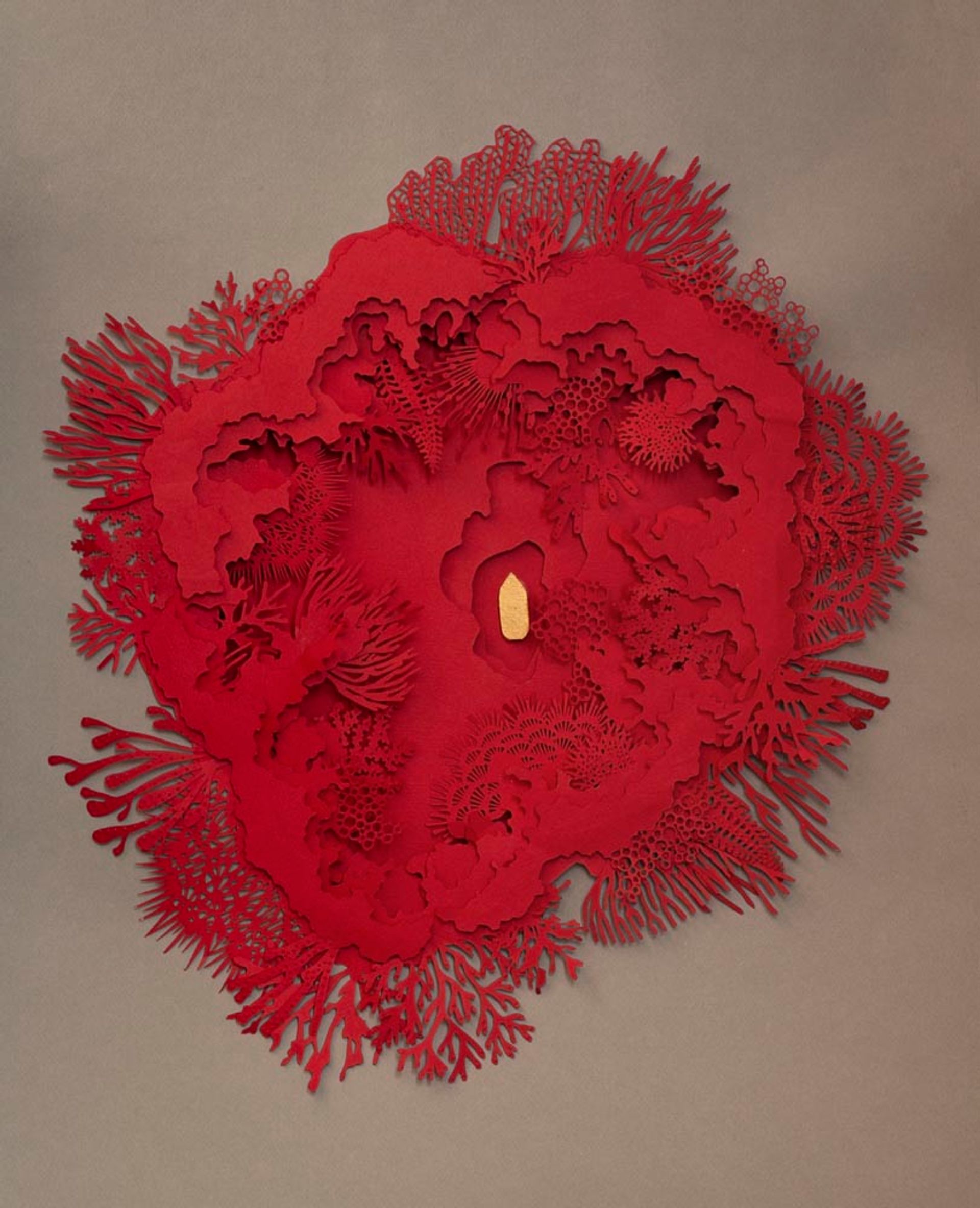
Susana Isabel Silva’s In the Abyss (2022), on view as part of Materializing Mormonism Courtesy the artist
Materializing Mormonism was organised by the guest curators Heather Belnap, Brontë Hebdon and Ashlee Whitaker Evans. All three are alumni of Brigham Young University in Provo, Utah—the so-called Mormon Ivy League school, which has a robust arts programme, a museum and an 18,000-piece art collection, some of which was loaned to MCA Museum for the exhibition. Whitaker Evans says the show was an opportunity to circumvent the “narrow or assumed vision” of what art inspired by Mormon “theology, heritage or values looks like or may look like”.
Nelson emphasises that the Center for Latter-day Saint Arts has no subsidiary ties to the Mormon Church or to the City of Mesa, and he argues that Ellsworth’s proposal for constructive conversations around Mormon art is exactly aligned with the organisation’s own scope of working. He notes that Materializing Mormonism itself seeks to illustrate the diversity and breadth of artists who address Mormonism in their work and rewrite the “stereotype” of the religion as one that is primarily white and American. The exhibition brings together over 30 international artists, including the Chilean-born painter Eduardo Alvarez, the Korean American artist Gi (Ginny) Huo and the Argentine artist Susana Isabel Silva.
“We’re aware that people project onto us their feelings about Mormonism—whatever that is,” Nelson says. “We say that the non-profit exists at the intersection of divine creativity and social relevance, which might feel like a split objective but it’s not.”
In the meantime, a search is underway to find MCA Museum’s next chief curator. The City of Mesa posted a classified for the position last month. Mary-Beth Buesgen, previously an associate curator at the museum, has been serving as interim curator.



